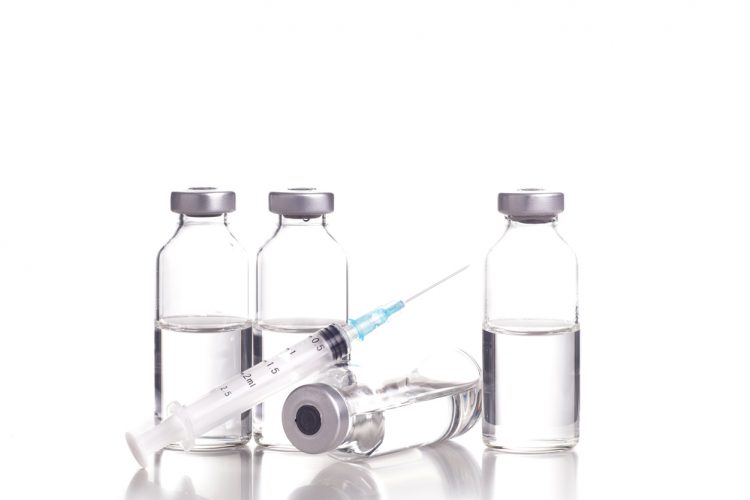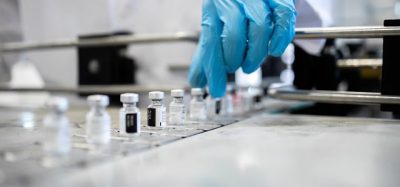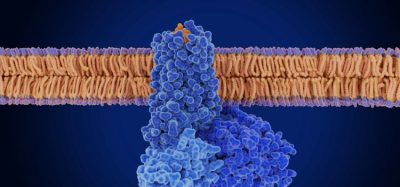FDA approves first biosimilar for the treatment of cancer
Posted: 15 September 2017 | Dr Zara Kassam (European Pharmaceutical Review) | No comments yet
Mvasi, a biosimilar to the cancer drug Avastin, is approved for certain colorectal, lung, brain, kidney and cervical cancers…


The U.S. Food and Drug Administration (FDA) has approved Mvasi (bevacizumab-awwb) as a biosimilar to Avastin (bevacizumab) for the treatment of multiple types of cancer.
Mvasi is the first biosimilar approved in the U.S. for the treatment of cancer.
“Bringing new biosimilars to patients, especially for diseases where the cost of existing treatments can be high, is an important way to help spur competition that can lower healthcare costs and increase access to important therapies,” said FDA Commissioner Dr Scott Gottlieb, “We’ll continue to work hard to ensure that biosimilar medications are brought to the market quickly, through a process that makes certain that these new medicines meet the FDA’s rigorous gold standard for safety and effectiveness.”
Mvasi is approved for the treatment of adult patients with certain colorectal, lung, brain, kidney and cervical cancers. Specifically, the approved indications include:
- Metastatic colorectal cancer, in combination with intravenous 5-fluorouracil-based chemotherapy for first- or second-line treatment. Mvasi is not indicated for the adjuvant treatment of surgically resected colorectal cancer
- Metastatic colorectal cancer, in combination with fluoropyrimidine-irinotecan- or fluoropyrmidine-oxaliplatin-based chemotherapy for the second-line treatment of patients who have progressed on a first-line bevacizumab product-containing regimen. Mvasi is not indicated for the adjuvant treatment of surgically resected colorectal cancer
- Non-squamous non-small cell lung cancer, in combination with carboplatin and paclitaxel for first-line treatment of unresectable, locally advanced, recurrent or metastatic disease
- Glioblastoma with progressive disease following prior therapy, based on improvement in objective response rate. No data is available demonstrating improvement in disease-related symptoms or survival with bevacizumab products
- Metastatic renal cell carcinoma, in combination with interferon alfa
- Cervical cancer that is persistent, recurrent, or metastatic, in combination with paclitaxel and cisplatin or paclitaxel and topotecan.
Healthcare professionals should review the prescribing information in the labelling for detailed information about the approved uses.
Biological products are generally derived from a living organism and can come from many sources, such as humans, animals, microorganisms or yeast.
A biosimilar is a biological product that is approved based on data showing that it is highly similar to an already-approved biological product and has no clinically meaningful differences in terms of safety, purity and potency (i.e., safety and effectiveness) from the reference product, in addition to meeting other criteria specified by law.
The FDA’s approval of Mvasi is based on a review of evidence that included extensive structural and functional characterisation, animal study data, human pharmacokinetics and pharmacodynamics data, clinical immunogenicity data and other clinical safety and effectiveness data that demonstrates Mvasi is biosimilar to Avastin. It has been approved as a biosimilar, not as an interchangeable product.
Common expected side effects of Mvasi include nosebleeds, headache, high blood pressure, inflammation of the nasal cavity, high levels of protein in the urine, taste alteration, dry skin, rectal bleeding, excessive tear production, back pain and skin irritation.
Serious expected side effects of Mvasi include holes in or abnormal connection between two organs, blood clot formation, hypertension, problems in brain function or structure (posterior reversible encephalopathy syndrome), high levels of protein in the urine, infusion-related reactions and loss of function of the ovaries. Patients should stop using Mvasi if these side effects become severe or life-threatening. Women who are pregnant should not take Mvasi because it may cause harm to a developing fetus.
Like Avastin, the labelling for Mvasi contains a Boxed Warning to alert healthcare professionals and patients about an increased risk of gastrointestinal perforations; surgery and wound healing complications; and severe or fatal pulmonary, gastrointestinal, central nervous system and vaginal bleeding. Patients should stop using Mvasi if gastrointestinal perforation occurs.
Patients should not take Mvasi in the 28 days prior to and after elective surgery, and until the surgical wound is fully healed. Patients should stop using Mvasi if a surgical incision breaks open. Mvasi should not be given to patients with severe haemorrhage or in patients with hemoptysis.
The FDA granted approval of Mvasi to Amgen, Inc. Avastin was approved in February 2004 and is manufactured by Genentech, Inc.
Related topics
Related organisations
Related drugs
Related people
Related diseases & conditions
Brain cancer, Breast cancer, Cancer, Colorectal cancer, Kidney cancer, Lung cancer









